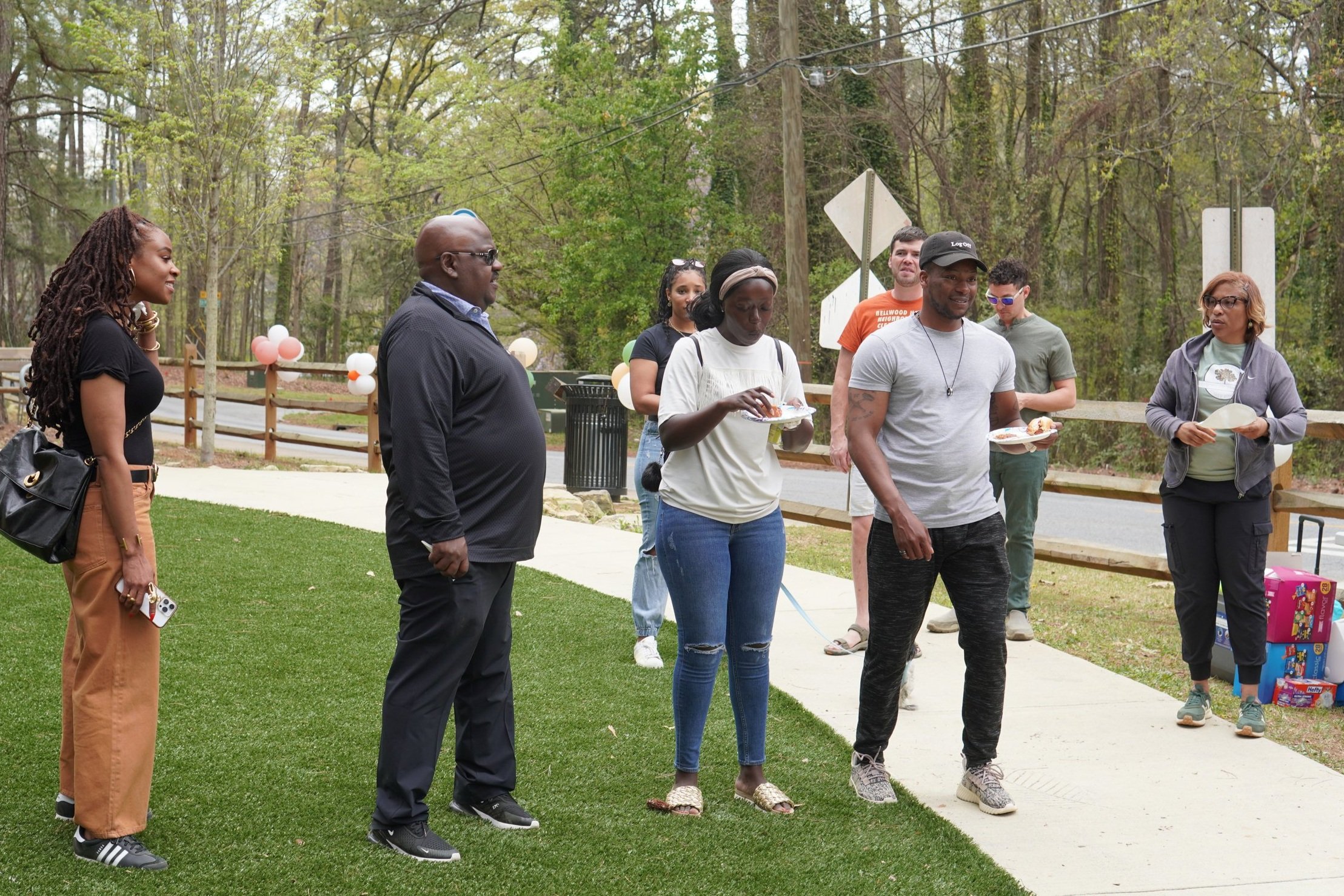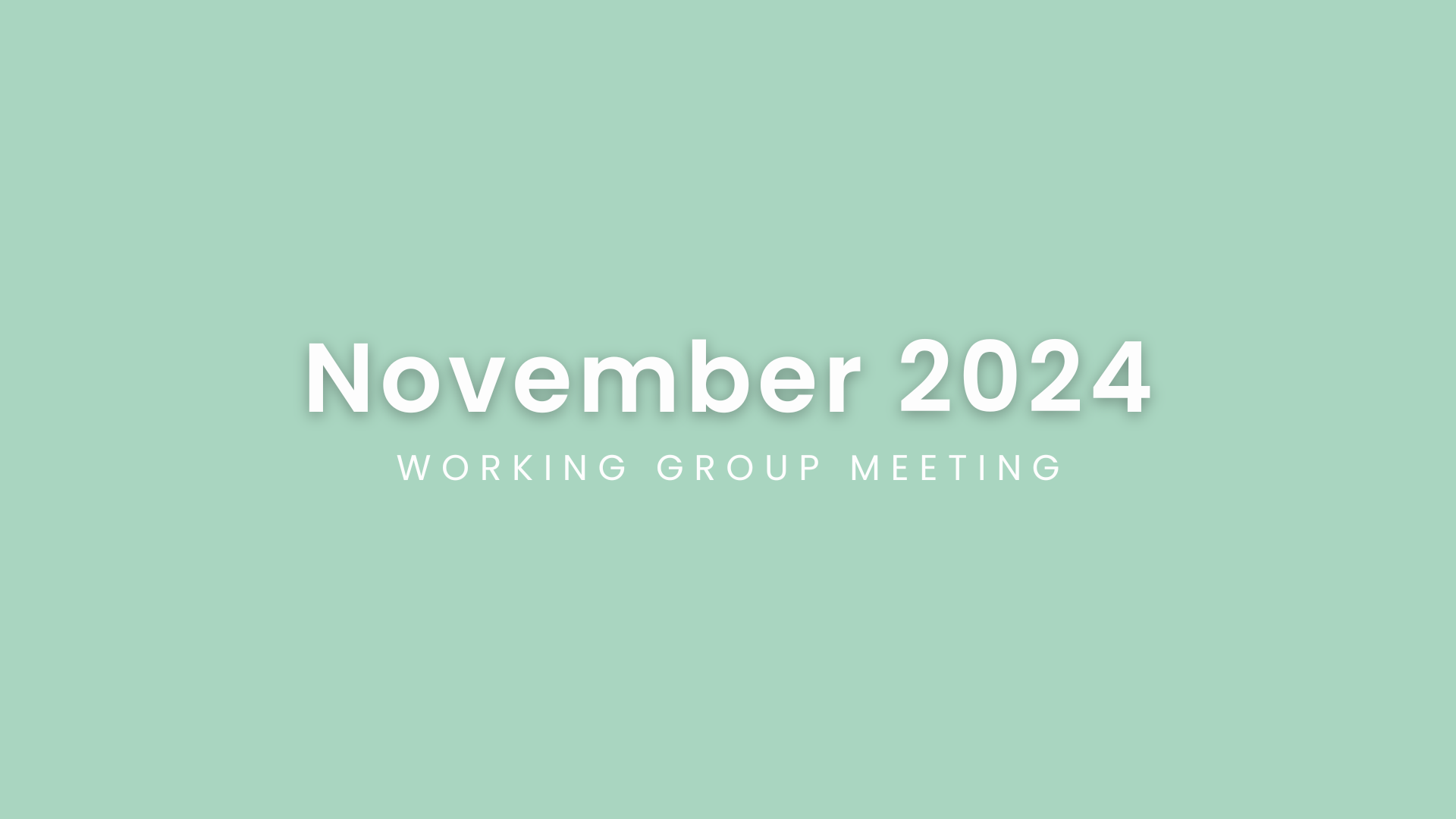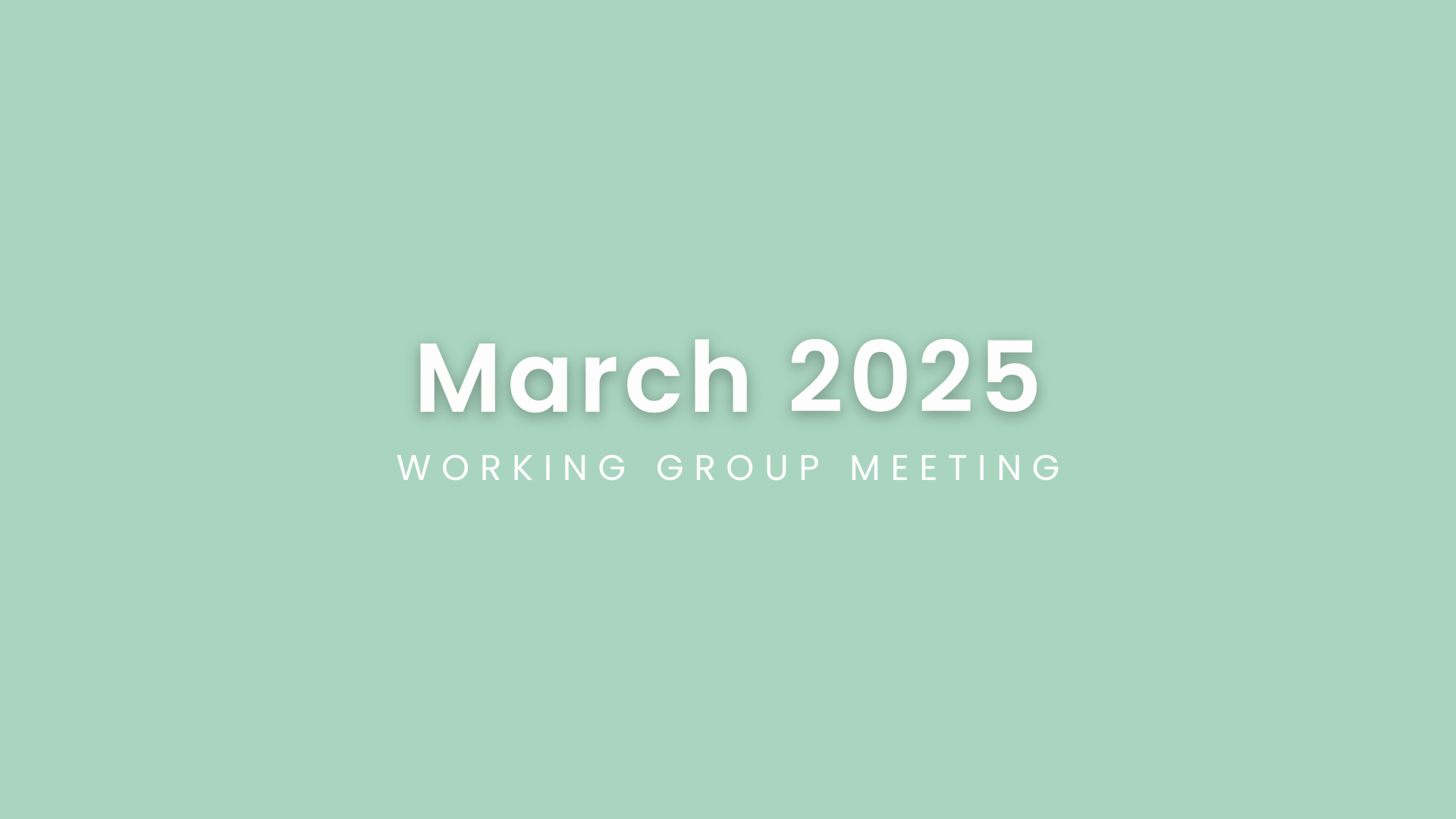
Welcome to the West Hollowell Archives! This page houses valuable resources, including recordings from past working group meetings and previous studies conducted on the West Hollowell corridor. Explore these materials to stay informed about the initiatives shaping our neighborhood and the collaborative efforts driving progress.
Archives
West Hollowell Studies & Plans
-
The Carey Park Healthy Neighborhood Redevelopment Plan outlines the Longline Westside Holdings (LWH) efforts for the redevelopment of Carey Park and surrounding areas within the West Hollowell corridor. It highlights a comprehensive strategy focused on creating mixed-income residential and commercial developments, activating public land, enhancing connectivity, and incorporating green spaces. The plan prioritizes community engagement and includes specific projects such as:
Hollywood Courts Redevelopment: Mixed-use development with housing, green spaces, and improved neighborhood connectivity.
Carey Park Residential Infill: Over 500+ homes in a mixed-income, mixed-product approach, alongside pedestrian and trail connectivity.
John Carey Elementary School Redevelopment: Conversion of a vacant school site into affordable housing and neighborhood retail.
Commercial Corridor Development: Efforts to attract retail, improve infrastructure, and address brownfield remediation.
The document also details partnerships, funding needs, and design plans aimed at sustainable and community-driven growth in the West Hollowell corridor. It serves as a roadmap for aligning public and private resources to benefit both the residents and stakeholders.
-
The Proctor Creek Greenway Carey Park Study outlines a detailed plan for developing an 8.1-mile multi-use trail network in the Carey Park area of Northwest Atlanta. This study, prepared by the PATH Foundation and KAIZEN Collaborative, emphasizes connecting residential, commercial, and recreational areas while addressing key infrastructure needs in the community. The proposed trail network will integrate with the future Proctor Creek Greenway, aiming to improve multimodal accessibility, environmental sustainability, and community cohesion.
Key elements include:
Identifying eight trail segments and alternative routes, each with specific challenges, costs, and design considerations.
Highlighting opportunities to repurpose existing infrastructure and create new greenways to enhance connectivity.
Addressing challenges such as land acquisition, creek crossings, and integrating trails with ongoing neighborhood developments like the Bowen Choice Neighborhood and Gun Club Park.
This study serves as a roadmap for transforming Carey Park into a highly connected, trail-integrated neighborhood, leveraging partnerships and sustainable urban planning strategies.
-
The Neighborhood Planning Unit-G (NPU-G) Master Plan Update outlines a community-driven vision for sustainable growth and revitalization. Developed in partnership with Georgia Conservancy, Georgia Tech, and local stakeholders, the plan focuses on equitable development, improved connectivity, and environmental preservation.
Key Highlights:
Improved Connectivity: Proposes multi-use trail networks and enhanced access to Proctor Creek and the Chattahoochee River corridor.
Land Redevelopment: Targets underutilized properties for mixed-income housing and economic development.
Environmental Restoration: Prioritizes preserving natural assets, including water quality and green spaces, to ensure long-term sustainability.
Community Input: Integrates feedback from residents to identify priorities and address neighborhood challenges.
Balanced Growth: Focuses on equitable strategies to foster new development while preserving affordability for legacy residents.
Empowered Leadership: Provides tools and guidance for NPU-G leadership to collaborate with policymakers, developers, and stakeholders.
This plan serves as a roadmap for creating a resilient, vibrant, and connected NPU-G community while ensuring that growth aligns with residents' needs and aspirations
-
Link to the Project Fact Sheet
The Proctor Creek Aquatic Ecosystem Restoration Project Fact Sheet provides an overview of efforts to restore the aquatic ecosystem of Proctor Creek in Northwest Atlanta. The project focuses on improving the creek’s ecological health, addressing flooding, enhancing water quality, and restoring habitat for aquatic life. The fact sheet outlines key goals, such as stabilizing stream banks, removing invasive species, and reintroducing native vegetation to support biodiversity. It highlights collaboration between local, state, and federal partners, emphasizing the importance of community engagement and environmental sustainability.
This project is a critical step toward revitalizing Proctor Creek as a natural asset, promoting ecological balance while improving the quality of life for residents in surrounding neighborhoods.
-
Link to the Study
The Donald Lee Hollowell Veterans Memorial Highway LCI Study provides strategies to revitalize the Hollowell Parkway corridor through sustainable land use, transportation improvements, and economic development.
Key Focus Areas:
Land Use: Promote mixed-use development and redevelop underutilized properties like Bowen Homes.
Transportation: Improve pedestrian safety, add bike lanes, and implement transit options like Bus Rapid Transit (BRT).
Green Spaces: Enhance connectivity to trails, parks, and natural areas along the Chattahoochee River.
Economic Growth: Revitalize industrial areas, attract businesses, and create workforce housing opportunities.
This study aims to transform the corridor into a vibrant, connected, and sustainable community.
-
Link to this Plan
The Bowen Choice Neighborhoods Implementation Plan outlines a comprehensive strategy for transforming the Bowen site and surrounding neighborhoods, addressing housing, economic development, and environmental stewardship through the Critical Community Improvements (CCI) initiatives.
Key Highlights:
Part 1: Neighborhood Introduction
Introduces the 593-acre Bowen Choice Neighborhood, a historically underserved area with the vacant Bowen Homes site at its center. Key challenges include connectivity, disinvestment, and environmental stress.Part 2: Critical Community Improvements Overview
Describes community-driven strategies to achieve regeneration through connectivity, environmental stewardship, equitable development, and honoring the neighborhood's culture.Part 3: Critical Community Improvements Activities
Bowen Gateway: Focuses on realigning intersections, developing commercial spaces, and placemaking investments.
Environmental Stewardship Center: Establishes a CHaRM facility and Environmental Innovation Center to promote green infrastructure, workforce training, and community education.
Memorial Plaza: Creates a public gathering space that commemorates Bowen Homes’ history while integrating stormwater management and placemaking features.
The plan emphasizes community engagement, equity, and strategic investments to restore the area's social, economic, and environmental vitality.
West Hollowell Working Group Archives
-
In our August Working Group meeting, the West Hollowell Foundation was officially introduced as the community quarterback organization for the West Hollowell corridor. During this session, the Foundation's purpose and role in the revitalization efforts were outlined, emphasizing its commitment to centering resident voices, fostering collaboration among stakeholders, and ensuring equitable growth throughout the community.
The meeting also highlighted the next steps for the Foundation, including plans for engaging residents, establishing bylaws, and composing a Board.
Explore the recording to gain a deeper understanding of the West Hollowell Foundation's mission and its roadmap for making a meaningful impact in the community.
-
-
-
In our September Working Group meeting, we provided an in-depth overview of the organizational chart of the West Hollowell Working Group, highlighting their roles and contributions to the revitalization efforts. This meeting also included a comprehensive review of the project list, offering updates on progress and alignment with community priorities.
Attendees discussed the next steps for both the Foundation and the Working Group, focusing on actionable strategies to advance key initiatives and maintain momentum.
Explore the recording to learn more about the Working Group’s composition, project updates, and the exciting next steps shaping the future of West Hollowell!
-
-
-
The October meeting provided updates on neighborhood initiatives, shared progress on infrastructure and development projects like street improvements and housing redevelopment, and gathered input from stakeholders. The Foundation also conducted an initial value assessment survey, identifying fresh food retail, economic development, and housing as top community priorities, while formalizing its structure, seeking board members, and planning future community events.
-
-
-
The November meeting focused on addressing food access challenges in the West Hollowell neighborhood, providing updates on key projects, and gathering feedback on the Foundation's branding and logo designs.
-
-
-
Our March meeting provided a 6-month review of the West Hollowell Foundation’s progress and key initiatives. We revisited goals, tracked early milestones, and invited resident feedback on what success should look like moving forward as we build an inclusive, community-rooted vision.
-
-
The January working group meeting provided updates on the Bowen Homes Choice Neighborhood Grant, highlighting the launch of Phase 1 housing construction.
The People Plan is actively engaging 169 former Bowen Homes households with a 90% contact rate, offering comprehensive case management and partnerships for workforce development, education, and health services.
The West Hollowell Foundation shared updates on its website and social media launch, along with new community engagement initiatives such as smaller neighborhood dinners and a tiered approach to outreach.
-
-
-
In February, we explored strategies for supporting economic development in the West Hollowell corridor. The discussion focused on how to foster equitable investment that benefits legacy residents, including resident-driven small business support, commercial corridor revitalization, and job access.
-
-







